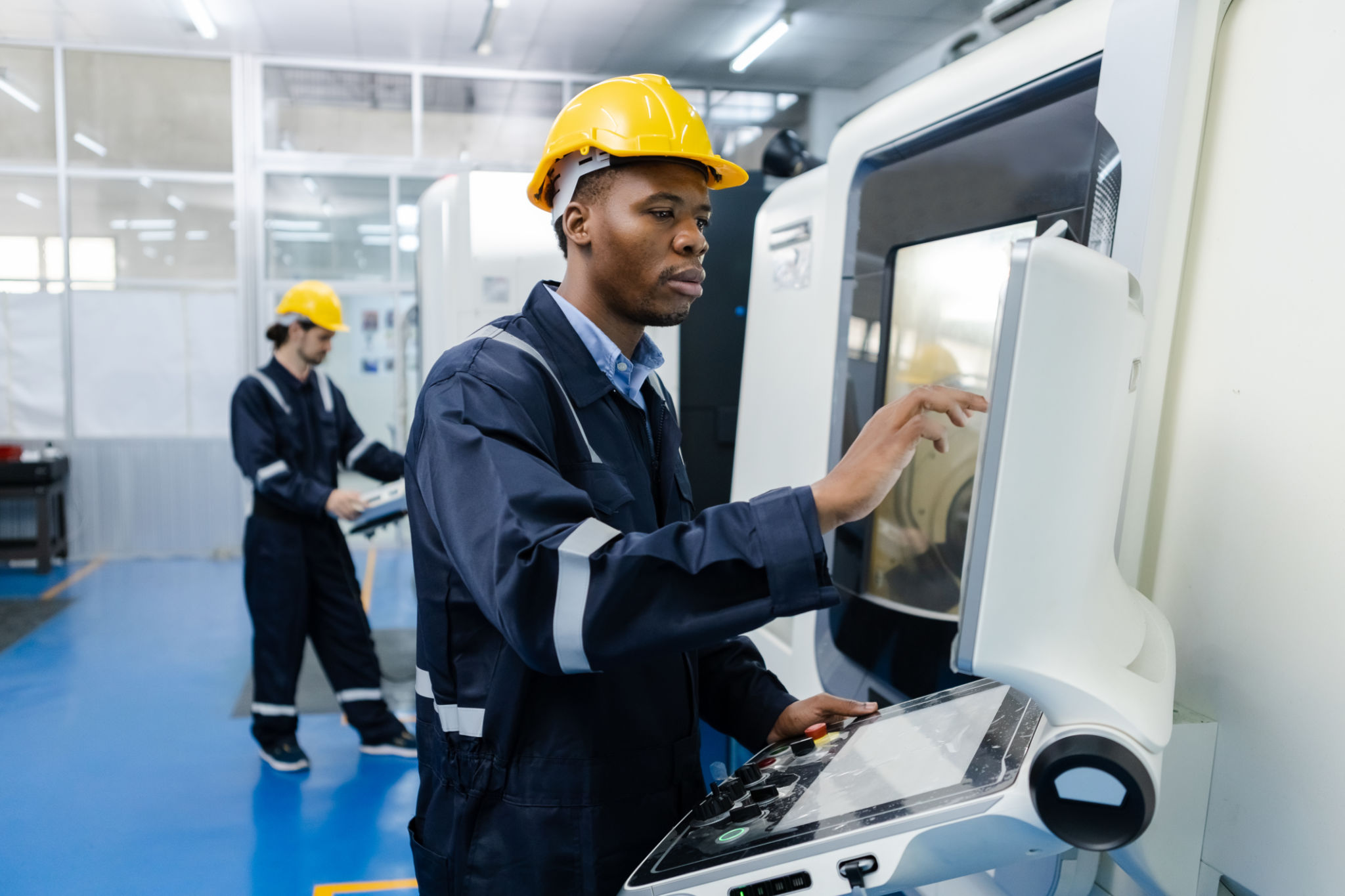Precision CNC Machining: How It Drives Efficiency in Manufacturing
Understanding Precision CNC Machining
Precision CNC (Computer Numerical Control) machining is a manufacturing process that employs computerized controls and tools to produce highly accurate parts and components. By automating the control of machine tools, CNC machining ensures exceptional precision, repeatability, and efficiency, making it indispensable in modern manufacturing.
The versatility of CNC machining allows it to work with a wide range of materials, including metals, plastics, and composites. This adaptability makes it suitable for various industries, from aerospace to automotive, and even medical device manufacturing.

The Role of CNC Machining in Enhancing Efficiency
One of the key advantages of precision CNC machining is its ability to significantly enhance manufacturing efficiency. This process minimizes human intervention, reducing the likelihood of errors and ensuring consistent product quality. As a result, manufacturers can achieve faster production times while maintaining high standards of accuracy.
Moreover, CNC machines are designed to operate continuously without breaks, leading to increased productivity. This around-the-clock capability means more parts can be produced in less time, meeting the demands of fast-paced industries.

Reducing Waste and Costs
Precision CNC machining not only boosts efficiency but also contributes to cost reduction by minimizing material waste. The precise nature of CNC machines ensures that raw materials are used optimally, reducing excess and lowering material costs. Additionally, the reduction in errors translates to fewer defective parts, resulting in lower rejection rates.
The automation aspect of CNC machining also plays a crucial role in reducing labor costs. With less need for manual intervention, manufacturers can allocate human resources more efficiently, focusing on tasks that require creativity and problem-solving skills.
Applications Across Various Industries
CNC machining's precision and efficiency make it suitable for a wide range of applications. In the aerospace industry, for example, it plays a vital role in producing complex components that meet stringent safety and performance standards. Similarly, in the automotive sector, CNC machining is used to create engine parts, transmission components, and more.

The medical industry also benefits from CNC machining, as it allows for the production of intricate medical devices and implants with high precision. This capability is crucial for ensuring the safety and effectiveness of medical products.
Future Trends in CNC Machining
As technology continues to advance, CNC machining is expected to become even more efficient and versatile. Developments in software capabilities, machine learning, and automation will likely lead to even greater precision and productivity. Additionally, the integration of IoT (Internet of Things) technologies could further enhance machine monitoring and maintenance, minimizing downtime.
Overall, precision CNC machining stands as a cornerstone of modern manufacturing, driving efficiency and innovation across various sectors. As industries continue to evolve, the role of CNC machining in achieving high-quality production at lower costs will only become more integral.
